The Role Of Pets In Strengthening Racial Unity In Communities
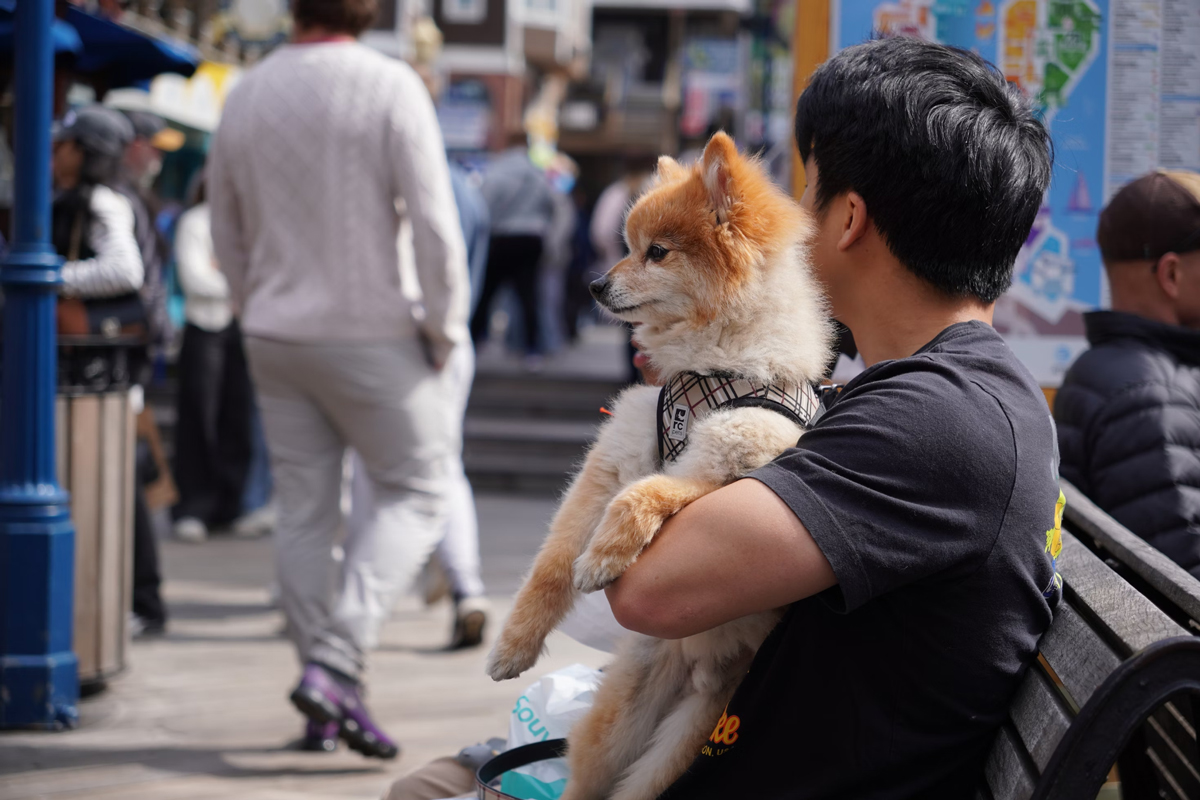

In Singapore, Racial Harmony Day is celebrated every 21st of July. It’s a day set aside to remind everyone about the importance of maintaining peace and understanding among the country’s diverse racial and religious communities. Schools, workplaces, and neighbourhood centres often hold cultural performances, food tasting events, and traditional games to highlight the unique customs and heritage of Singapore’s major racial groups: Chinese, Malay, Indian, and Eurasian.
One of the most beautiful things about Singapore is that you don’t need a public holiday to experience multiculturalism. Just walk through any HDB estate or coffee shop, and you’ll see it in action. However, despite living in close proximity, it’s not uncommon for neighbours to stick to their own cliques. This is where our furry companions come in. Pets have a special way of melting barriers, whether it’s a friendly dog wagging its tail or a curious cat approaching a stranger. They provide natural opportunities for connection, and in multicultural communities like Singapore, they can play a surprisingly powerful role in bringing people of different backgrounds together.
Pets as Icebreakers in Shared Spaces
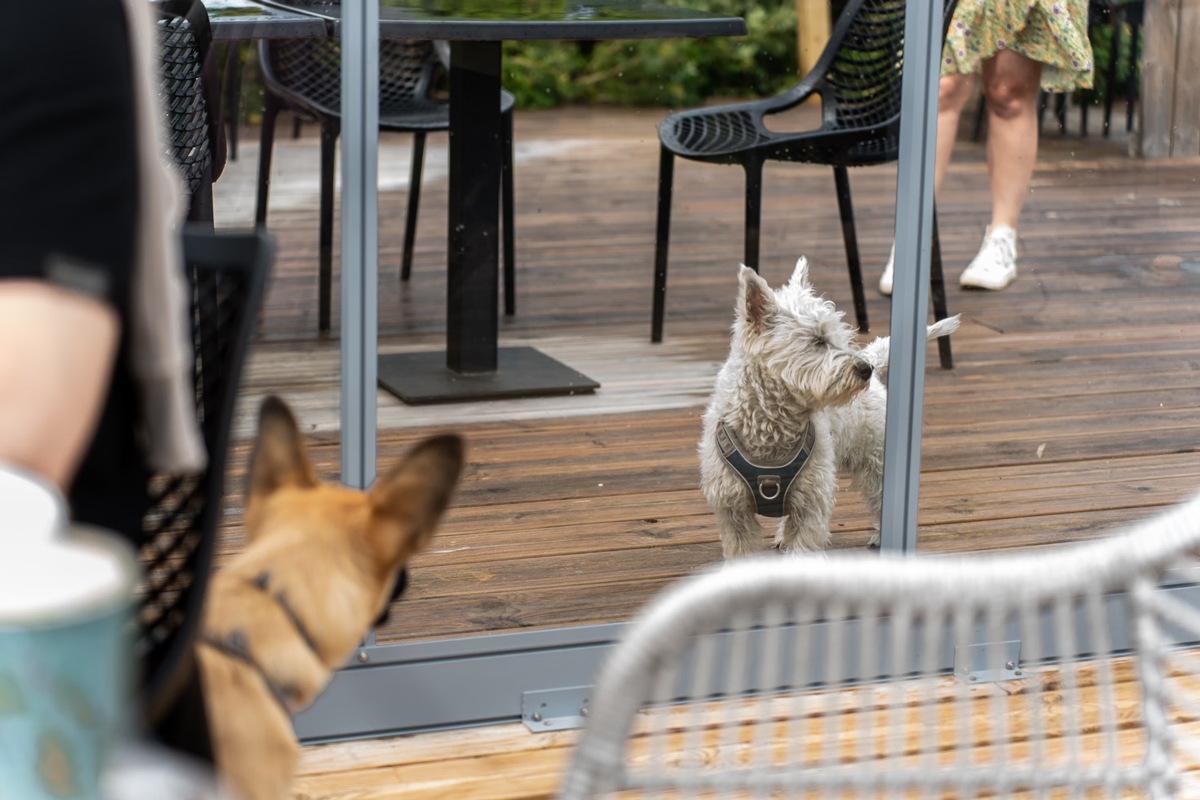
Have you ever noticed how easy it is to strike up a conversation with a fellow dog owner at the park? A simple comment like “Your dog is so cute!” can lead to casual chats that grow into real friendships. In Singapore’s HDB estates, it’s common to see neighbours walking their dogs in the early morning or evening. These moments are more than just routines; they’re opportunities for people from different racial backgrounds to interact organically.
Pets offer a shared interest, a common topic that makes it easier to approach one another. Without even trying, you’ll find that conversations go from pet care to favourite food stalls, family, and culture. What starts as small talk over pet behaviour may blossom into a genuine friendship built on respect and understanding. It’s these everyday interactions that slowly but surely contribute to stronger racial unity.
Pet-Friendly Venues That Encourage Togetherness
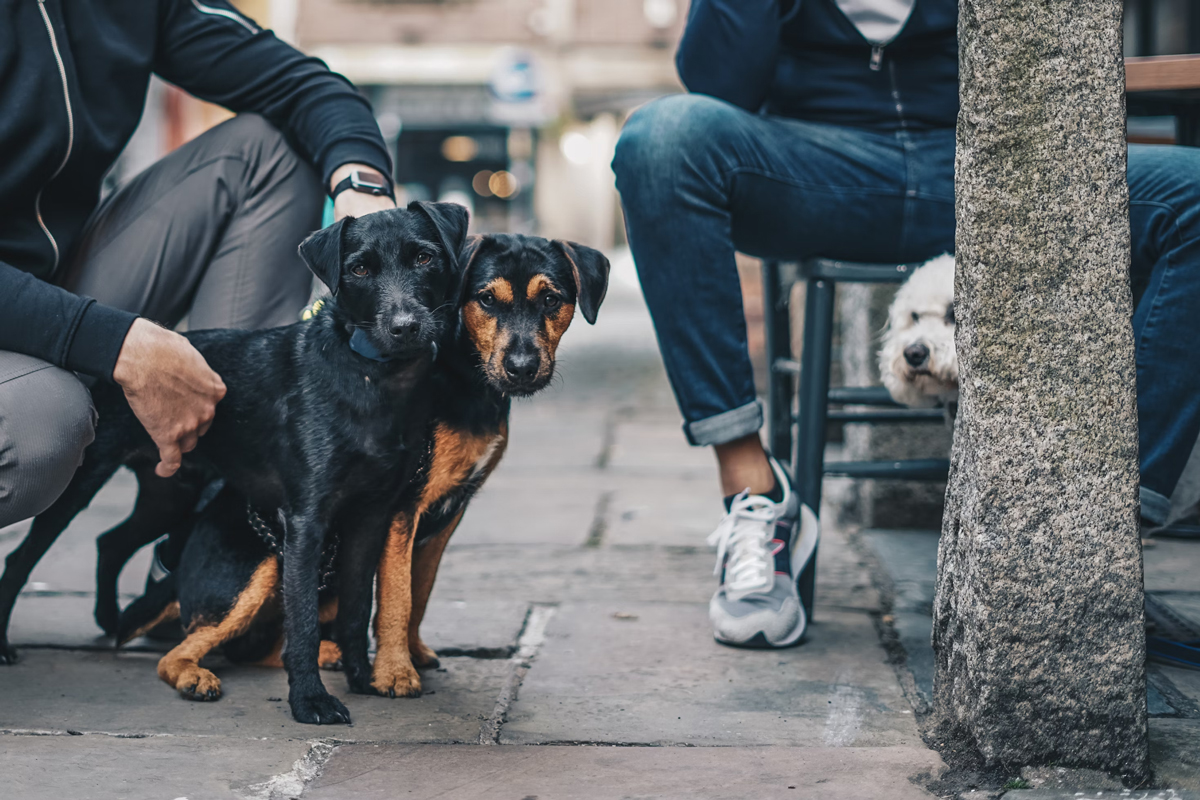
Pet friendly cafés have also played a part in bringing communities together. These spaces welcome not just pets but also people from all walks of life who love animals. Whether it’s sipping coffee while your dog lounges beside you or enjoying brunch while your cat naps in a carrier, the environment is relaxed and social.
In Singapore, popular pet friendly cafés often become hangout spots for pet lovers. What makes these cafés unique is their open, friendly atmosphere. Strangers sit near each other, dogs sniff and play, and before you know it, conversations start flowing between tables. You might meet someone from a different cultural background and discover you both feed your pets the same treats or shop at the same pet shop.
These informal interactions are the building blocks of social harmony. When people get used to being around others who are different from them, sharing a space, a laugh, or even a biscuit, it breaks down invisible barriers and encourages acceptance and warmth.
How Children and Pets Build Bridges
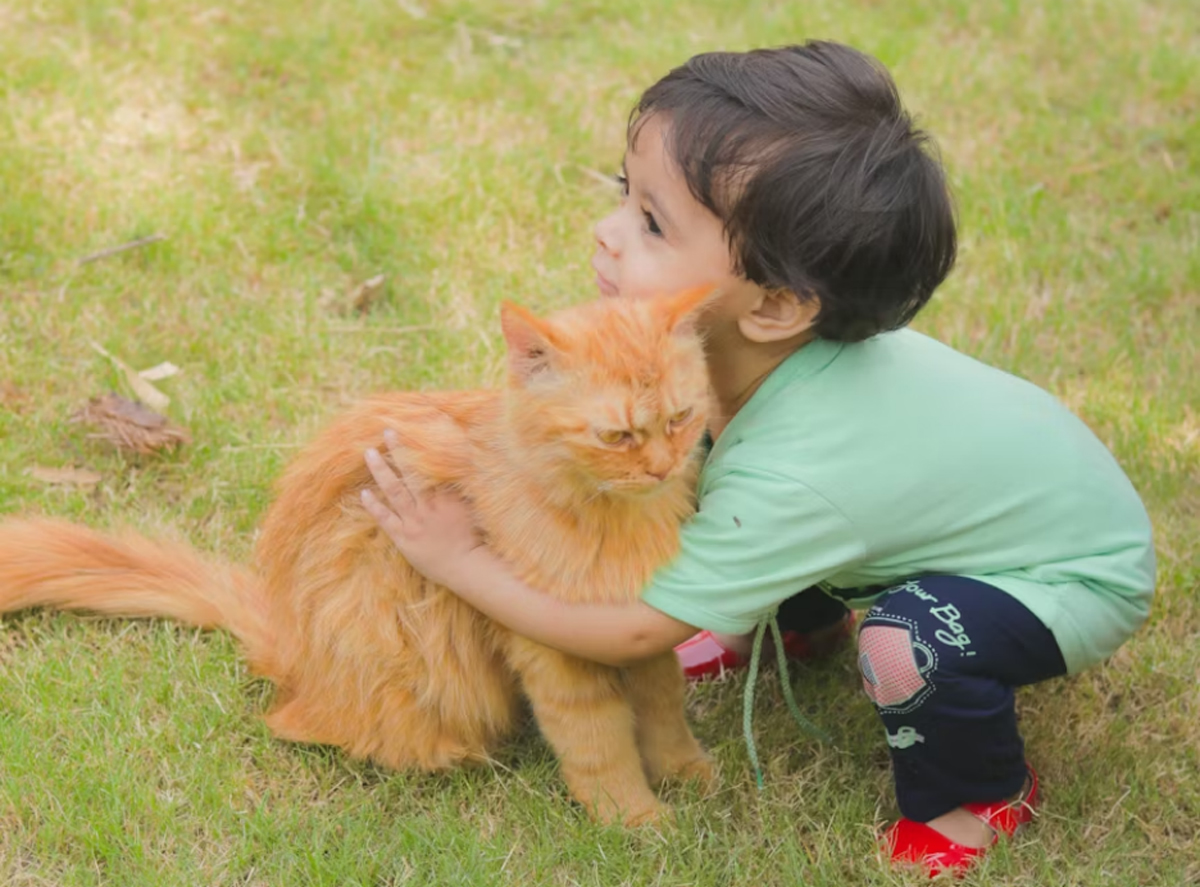
Children are naturally curious and open-hearted. Add a pet into the mix, and they become even more eager to connect. In multi-ethnic neighbourhoods, pets often serve as conversation starters for children and their families. A child might run up to a neighbour’s dog to ask if they can pet it, and the next thing you know, the parents are talking, too, swapping stories, pet tips, or even recipes.
This sort of interaction helps parents teach their children about inclusivity in a practical way. When kids see their parents engaging respectfully with others of different races, it models acceptance and friendship. With pets facilitating these connections, children grow up with a natural sense of openness and unity.
Community Events and Pet Initiatives
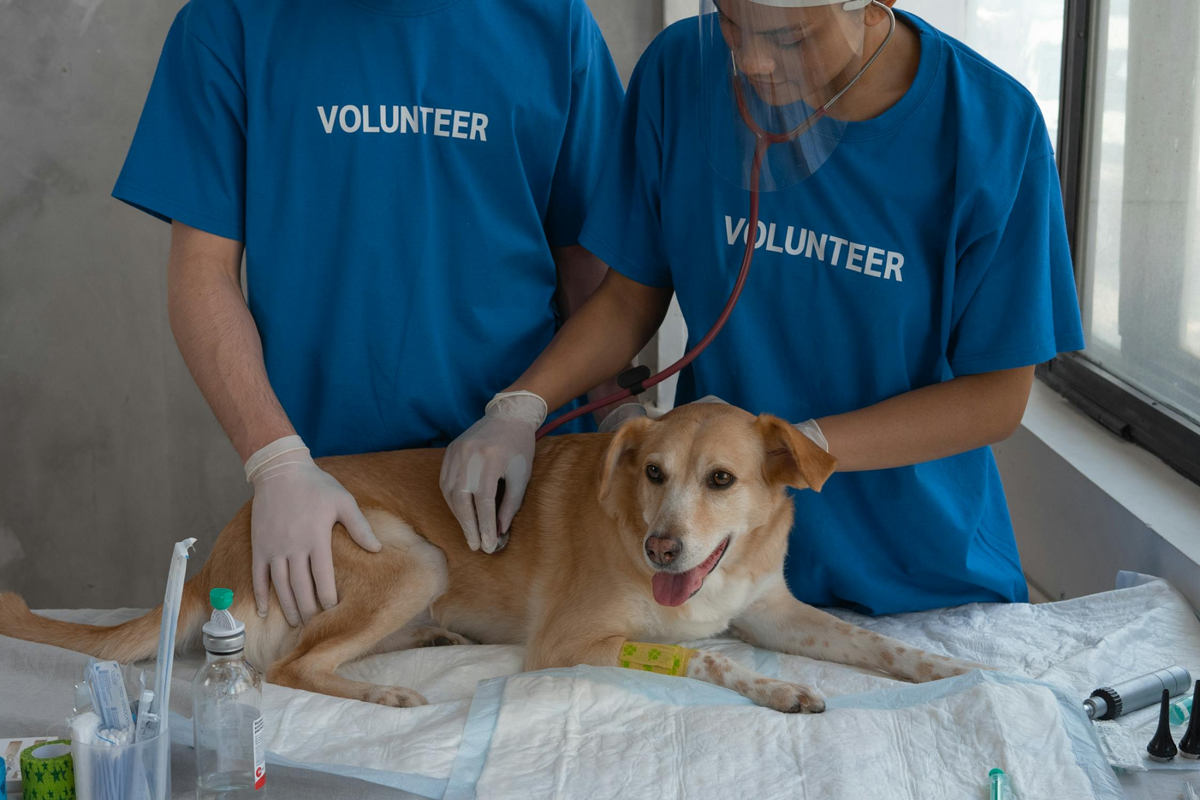
Singapore is home to several grassroots organisations and town councils that organise pet-related community events. These include adoption drives, pet carnivals, or educational talks on responsible pet ownership. These events are typically inclusive, attracting attendees from all races and backgrounds.
When people come together for a cause, like supporting animal welfare or learning about pet health, they bond over shared values. Such events also allow neighbours to work together, whether by volunteering, running booths, or simply attending as a family. These shared experiences foster a sense of community that transcends cultural differences.
Pet shops in Singapore also contribute to this sense of togetherness. Staff members often know regular customers by name (and by their pets!), and casual conversations can turn into friendships. From shopping for the best pet shampoo to asking about the best dog breed for Singapore’s climate, these interactions bring people closer together through a shared passion for animals.
Small Gestures That Make A Big Impact
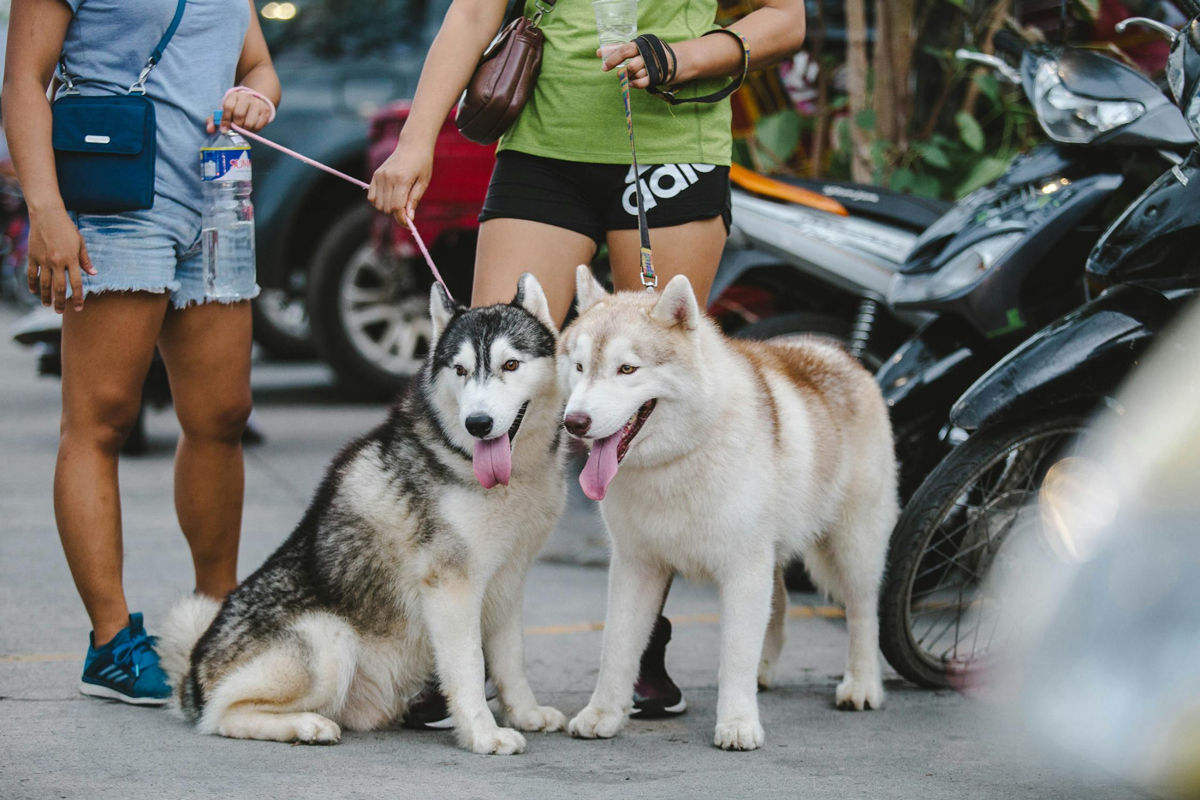
Sometimes, unity is built not in grand gestures but in the little things. Offering to help a neighbour carry a heavy bag of pet food, looking after their cat while they go on holiday, or recommending a good vet – these acts of kindness and trust build community spirit. Pets give people a reason to reach out and help one another.
Even in lift lobbies or during walks, just exchanging smiles and greetings with a fellow pet owner can change the tone of a neighbourhood. Over time, these regular, friendly interactions create a sense of safety and belonging. People begin to look out for each other and for each other’s pets.
A Reminder of What We All Share
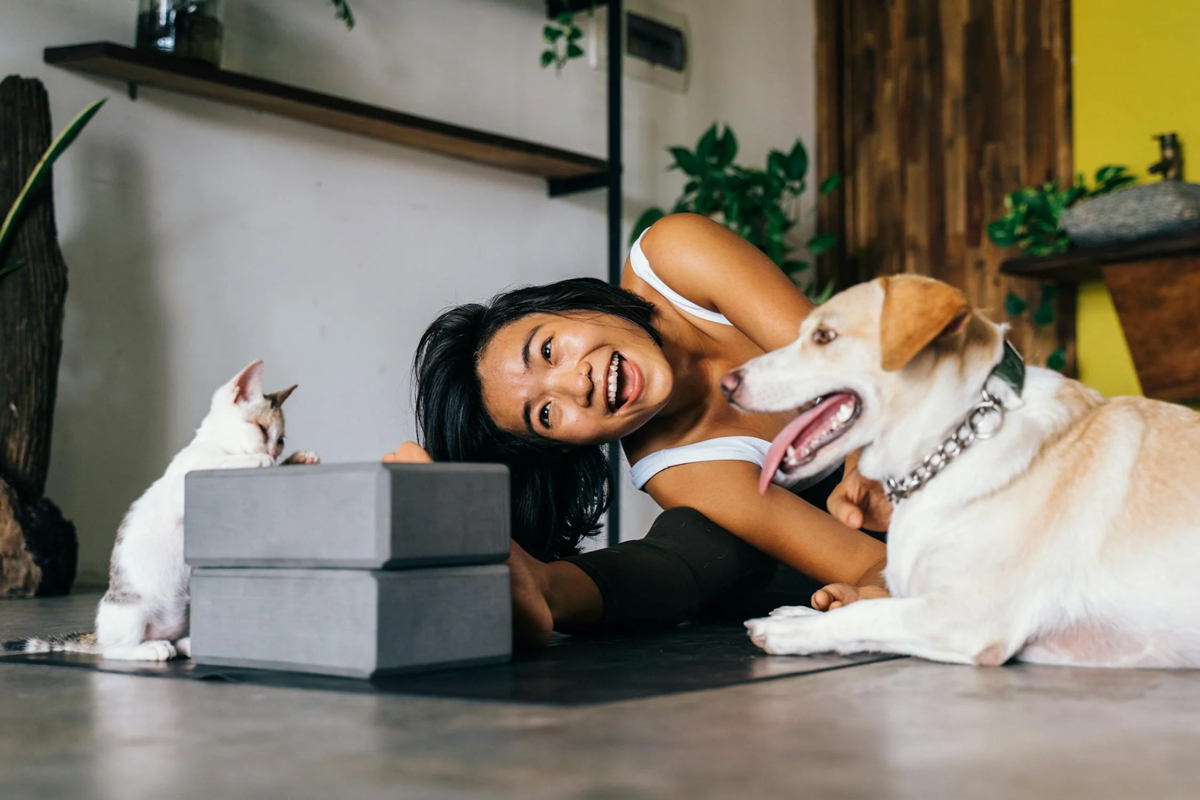
On Racial Harmony Day, we are reminded of the values that underpin Singapore’s success as a multiracial society: respect, understanding, and unity. But these values don’t just live in textbooks or school plays – they thrive in everyday life.
And sometimes, they’re inspired by wagging tails and happy purrs.
This Racial Harmony Day, let’s remember that unity isn’t just built through policies and programmes; it’s built through people. And sometimes, our pets help lead the way.








